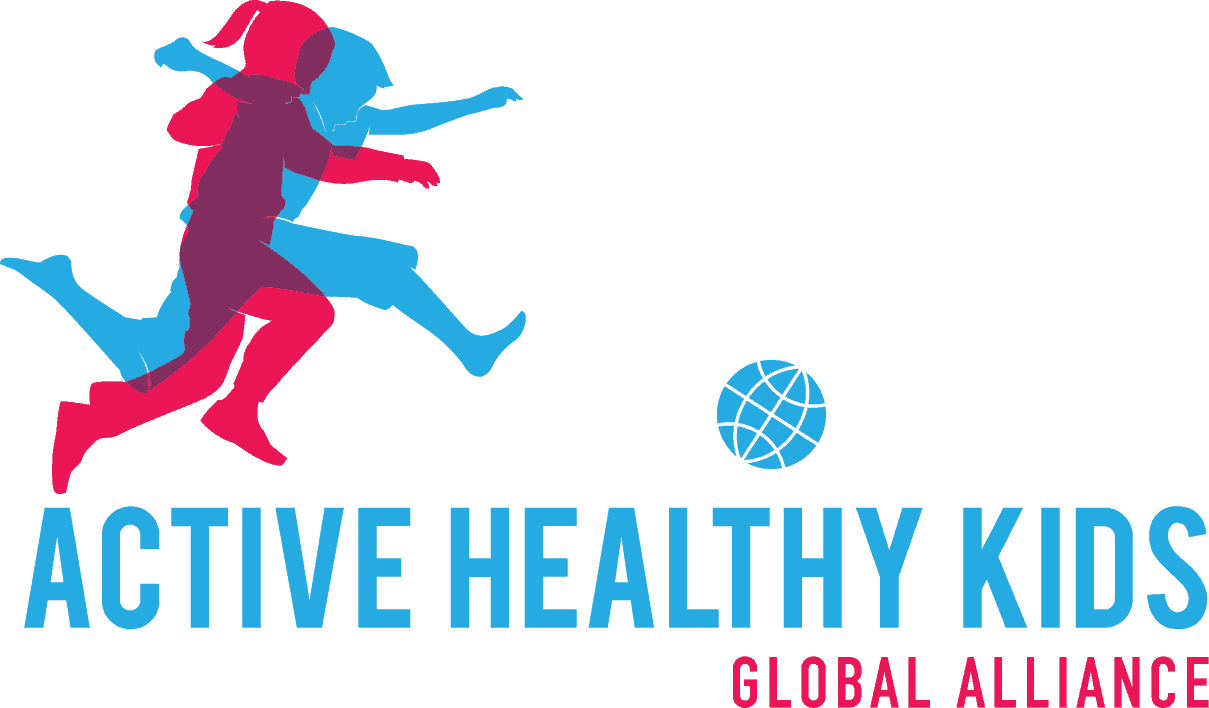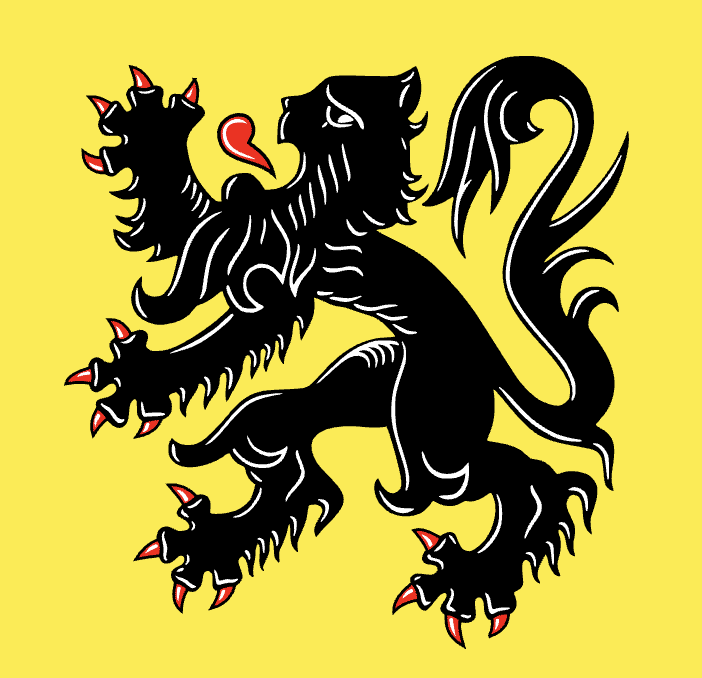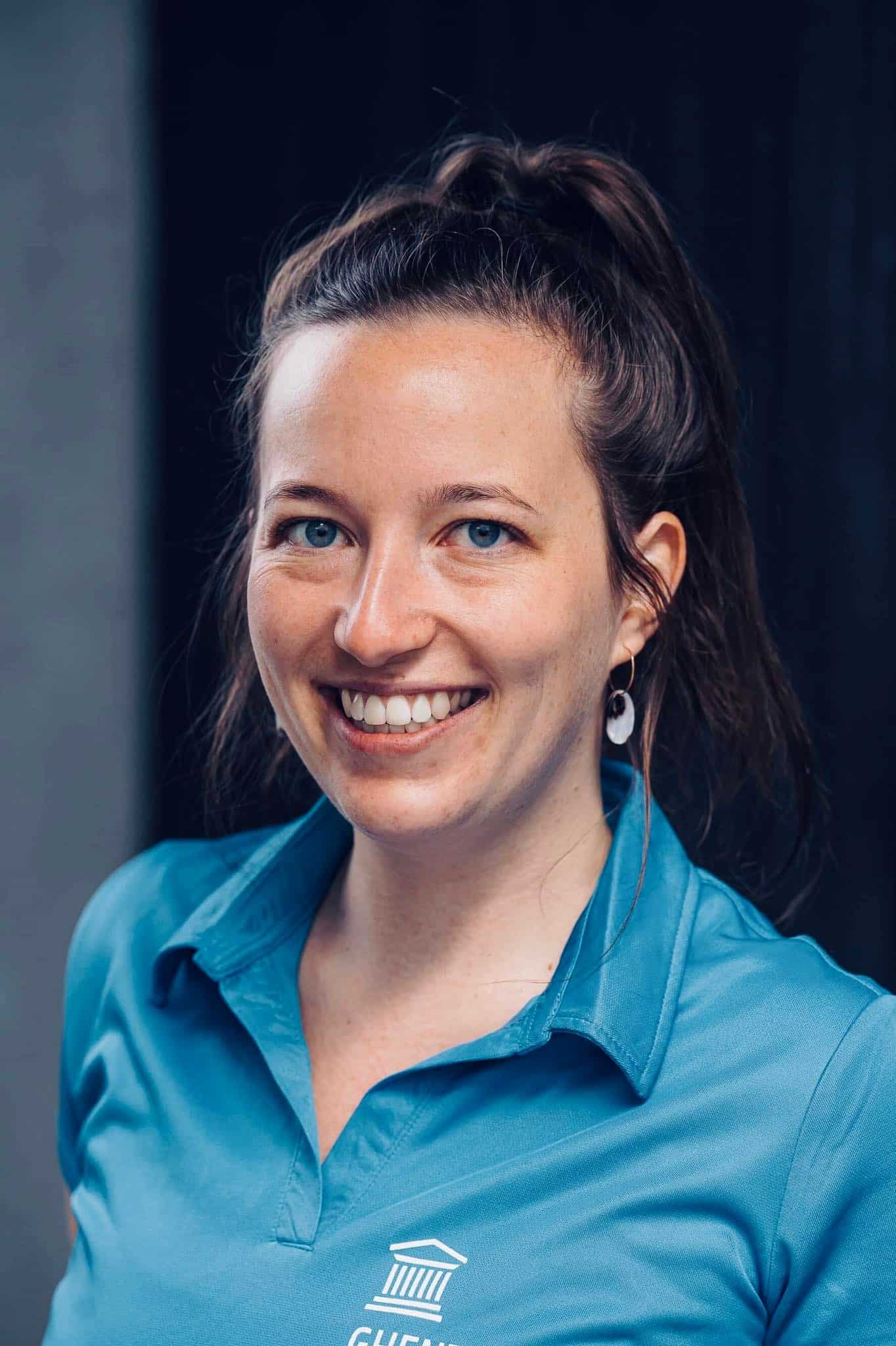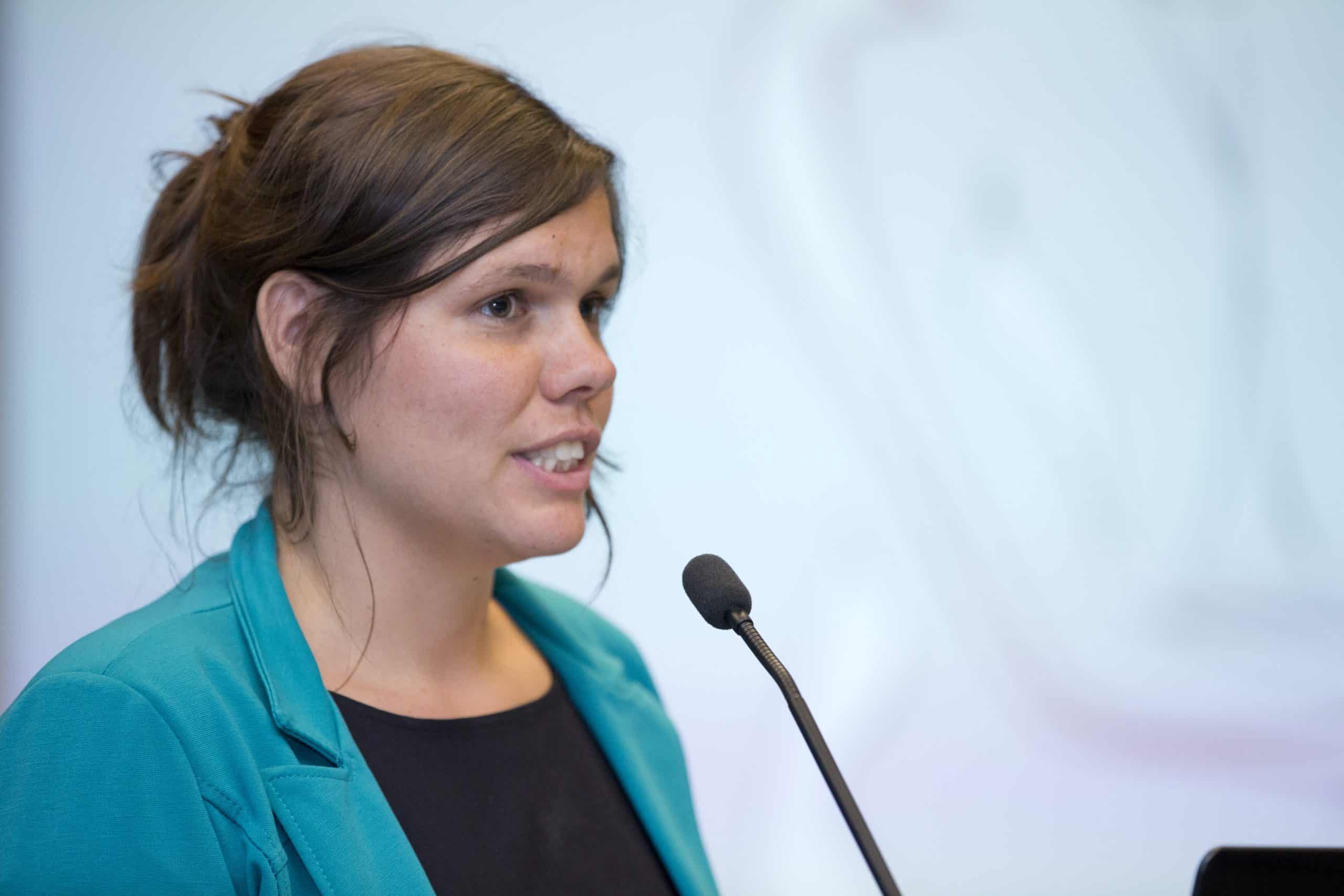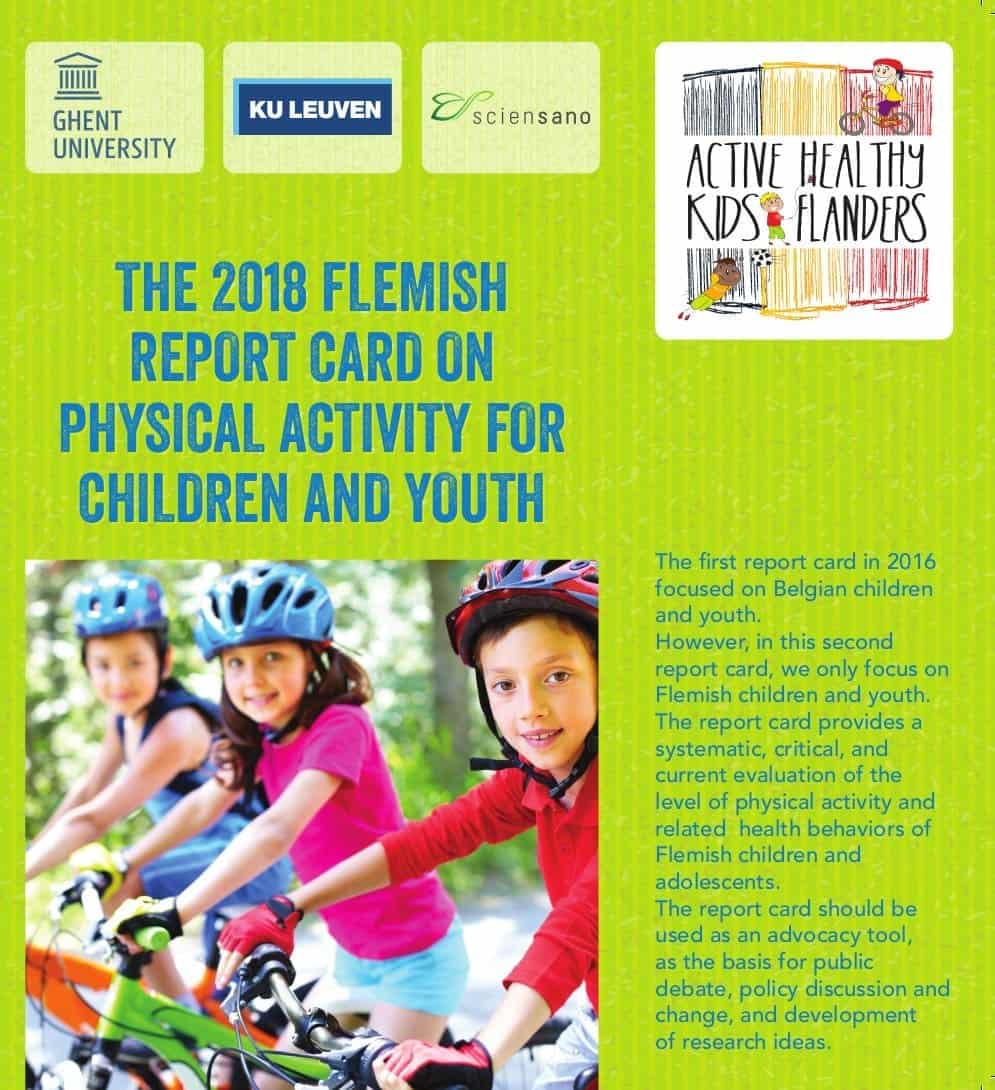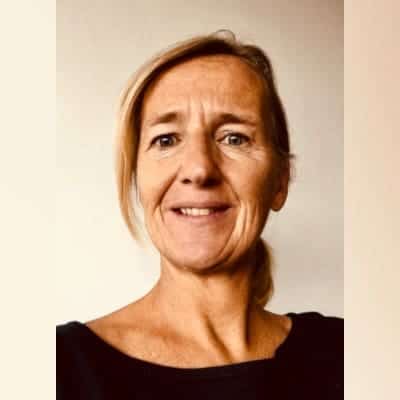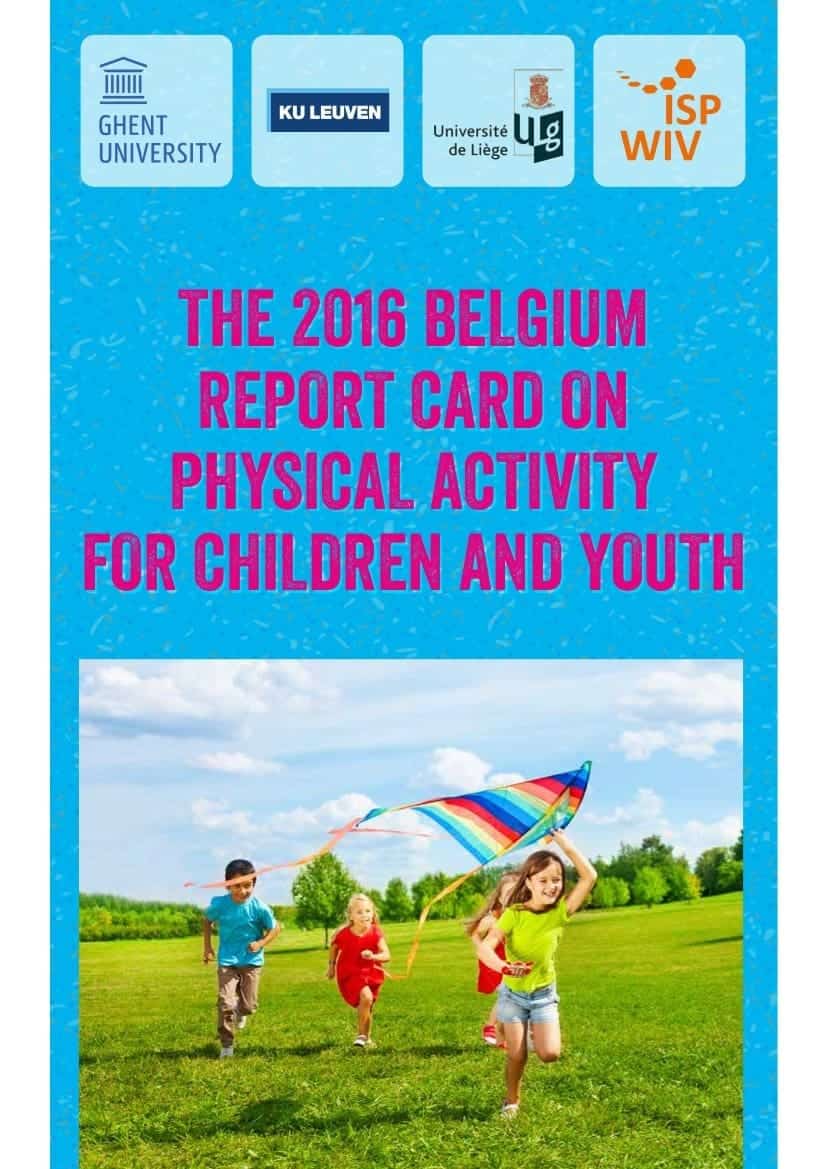
Report Card Leaders
Laura Maenhout, PH.D.
Laura Maenhout is a postdoctoral researcher at the department of Movement and Sports Sciences (Ghent University, Belgium), research group Physical Activity and Health. She completed her PhD in 2024, which focused on promoting physical activity among youth with mild to moderate intellectual disabilities. Through co-creation sessions with the target group, she developed an intervention tailored to their specific needs, combining a buddy system with a supportive app. The effectiveness of this intervention was evaluated using a theory-based and single-case perspective. Laura’s current postdoctoral project focuses on deepening our understanding of affective responses to physical activity in individuals with intellectual disabilities. This research specifically investigates their affective responses during (treadmill) walking and compares these with responses from individuals without disabilities. Additionally, the project explores the potential impact of two external factors: social interaction and virtual reality exposure to green environments. To capture a comprehensive view, Laura will use a holistic affect-test battery that includes innovative techniques like EEG/fNIRS and facial expression analysis.
Laura Maenhout – affiliations
Ghent University – Faculty of Medicine and Health Sciences
Department of Movement and Sports Sciences – Research Group Physical Activity and Health
Campus Dunant, Watersportlaan 2, 9000 Gent, Belgium E-mail: laura.maenhout@ugent.be
Tel. : +32 9 264 63 12
Research Foundation Flanders (FWO)
HOEK 38, Leuvenseweg 38, 1000 Brussels, Belgium https://www.fwo.be/en/
Debbie Van Biesen, PH.D.
Debbie Van Biesen is assistant professor at the department of Rehabilitation Sciences (KU Leuven, Belgium), research unit Adapted Physical Activity and Psychomotor Rehabilitation. Since January 2021 she divides her time across KU Leuven and Virtus Academy. She was appointed as the Virtus Academy manager, leveraging on international, and evidenced-based knowledge of elite athletes with intellectual disability and autism. She is an active scholar in adapted physical activity (APA) and has published more than 40 peer-reviewed scientific articles in that field. During her PhD, she contributed to the development of evidence-based classification systems for elite athletes with intellectual disabilities, that led to their re-inclusion in the Paralympic Games. Her research unit was recognized by the International Paralympic Committee as the “Research and Development Center for Classification of Athletes with intellectual Impairment”.
Apart from her expertise in classification research, dr. Van Biesen has expertise in the fields of coaching para-athletes, psychosocial aspects of disabilities and health-enhancing physical activity, using both qualitative and quantitative research methods. She leads a European consortium of researchers (Erasmus + cooperation partnership IDEAL) enhancing inclusive and equitable opportunities for Active and Long-term participation in sport. In collaboration with G-sport Vlaanderen (national disability sport agent) she is the principal investigator of the periodic monitor of sport participation for people with disabilities, mental health disorders and chronic illness in Flanders.
Debbie Van Biesen – affiliation
KU Leuven, Faculty of Movement and Rehabilitation Sciences
Department of Rehabilitation Sciences
Research Unit Adapted Physical Activity and Psychomotor Rehabilitation
Tervuursevest 101, box 1500, 3001 Leuven, Belgium
E-mail: debbie.vanbiesen@kuleuven.be
Tel. +32 16 37 65 12
Report Card Grades
- Overall Physical Activity: F
- Organized Sport and Physical Activity: B
- Active Play: INC
- Active Transportation: C+
- Sedentary Behavior: C
- Physical Fitness: INC
- Family and Peers: C+
- School: B-
- Community and Environment: B
- Government: B
Top Three Priorities
- To increase overall physical activity levels among Flemish children and youth, coordination and cooperation across policy domains (e.g., Education, Sport, Youth, Public Health, Mobility) and settings (e.g., School, Sport Clubs, Community Sport) is needed to make full use of the policies and programs currently in place.
- To decrease the high levels of sedentary behaviour in Flemish children and youth, existing evidence-based strategies should be implemented at schools and in the home environment.
- A structural systematic nationwide objective monitoring of physical fitness is needed.
Report Card Leaders
Jan Seghers, Ph.D.
Jan Seghers received his PhD in Kinesiology in 2003 from the KU Leuven (Belgium) and currently holds the position of Associate Professor at the Physical Activity, Sports & Health Research Group within the Department of Kinesiology at the KU Leuven. The Physical Activity, Sports & Health Research Group has established an international reputation in the area of health-related physical activity promotion. This research group brings together a multidisciplinary research team (physical activity epidemiology, sports psychology, sports pedagogy, sports coaching) contributing to the optimization of health, well-being and quality of life in society through physical activity. Jan Seghers is occupied with a research, educational, and consultancy task within the scientific fields of sport & exercise pedagogy, physical activity epidemiology and physical activity promotion. He is head of the Master’s programme in Physical Activity, Physical Fitness and Health within the KU Leuven Master’s programme in Kinesiology. His research focuses on the study of determinants of physical activity and sedentary behaviour across the life span, as well as on the development and evaluation of interventions to promote physical activity and reduce sedentary behaviour in different age groups and settings ((e.g., school-aged children in school setting, adults in workplace setting). Since 2012, he (co-)authored more than 20 international peer-reviewed scientific papers and several book chapters related to physical activity, sports and health. He has research collaborations with Universities in Europe and abroad and is actively involved in the HEPA-Europe Network. Full bibliography: lirias.kuleuven.be/cv?u=U0032649.
Testimonial
"Participating in the AHKGA Global Alliance 3.0 initiative encouraged researchers, policy makers and practitioners to collaborate more and to further bridge the gap between science, policy and practice." - Jan Seghers, Ph.D.
Conference Abstract: Movement to Move
Results from Flanders’ 2018 Report Card on Physical Activity for Children and Youth
Jan Seghers, Stijn De Baere, Karin De Ridder, Maïté Verloigne, and Greet Cardon
Introduction
Despite the many health benefits associated with physical activity (PA) throughout childhood, the majority of school-aged youth in Flanders, the northern Dutch-speaking part of Belgium, do not meet the guideline of 60 minutes of moderate-to-vigorous PA (MVPA) per day. The purpose of this abstract is to summarize the results of the 2018 Flemish Report Card.
Methods
The 2018 Report Card included the 10 core indicators that are common to the Global Matrix 3.0 (Overall Physical Activity, Organized Sport and Physical Activity, Active Play, Active Transportation, Sedentary Behavior, Family and Peers, School, Community and Environment, Government, and Physical Fitness). The Belgian Food Consumption Survey 2014-2015 conducted by Sciensano was selected as primary data source given its assessment of a wide range of health behaviors and objectively measured PA data in a representative sample of Flemish children and youth.
Results
Despite the good availability of facilities, policies and programs at the municipal/community and school levels, over 90 percent of Flemish children and youth are not meeting the current MVPA guideline (Table 1). Nonetheless, moderately positive scores were observed for specific PA behaviors such as organized sport participation and active transportation.
Table 1: Grades and rationales for Flemish’ 2018 Report Card
| Indicator | Grade |
| Overall Physical Activity | F |
| Organized Sport Participation and Physical Activity | B |
| Active Play | INC |
| Active Transportation | C+ |
| Sedentary Behaviours | C |
| Family and Peers | C+ |
| School | B- |
| Community and Environment | B |
| Government | B |
| Physical Fitness | INC |
Conclusion
The 2018 Flemish Report Card on Physical Activity for Children and Youth shows that levels of overall physical activity are very low and levels of sedentary behaviors are high, despite moderately positive influences from the social, political, and built environment. This may signal the need for a ‘Health in All Policies’ approach and a more coherent approach to PA promotion efforts at all levels of policy-making.
Report Card Grades
- Overall Physical Activity: F+
- Organized Sport Participation: C-
- Active Play: C+
- Active Transportation: C-
- Sedentary Behaviors: D-
- Family and Peers: INC
- School: B-
- Community and Built Environment: INC
- Government Strategies and Investments: C+
Recommendations
- To make full use of schools’ potential to promote physical activity, we need to take a whole-of-school approach that is comprehensive, coordinated, and provides opportunities for children and youth to be active before, during, and after school. This should include offering quality physical education, providing activity-friendly school playgrounds, promotion of active transport and organization of sports activities at lunch, recess, and after school in partnership with the wider community.
- To promote active travel, outdoor play and other unstructured physical activities, the creation of safe and attractive physical environments is key and needs to be done in collaboration with urban planners and other relevant stakeholders.
- To lower gender and social inequalities in organized sports participation and also reach the less sports talented, sports clubs should be encouraged and supported to be more inclusive.
- Schools should be encouraged to provide regular movement breaks and to implement environmental changes to decrease and interrupt prolonged sitting time during school hours.
- Structural systematic nationwide (objective) monitoring of physical activity, sedentary behavior and related health behaviors is needed to inform policy and practice.
Report Card Leader
Jan Seghers, Ph.D.
Jan Seghers received his PhD in Kinesiology in 2003 from the KU Leuven (Belgium) and currently holds the position of Associate Professor at the Physical Activity, Sports & Health Research Group within the Department of Kinesiology at the KU Leuven. The Physical Activity, Sports & Health Research Group has established an international reputation in the area of health-related physical activity promotion. This research group brings together a multidisciplinary research team (physical activity epidemiology, sports psychology, sports pedagogy, sports coaching) contributing to the optimization of health, well-being and quality of life in society through physical activity. Jan Seghers is occupied with a research, educational, and consultancy task within the scientific fields of sport & exercise pedagogy, physical activity epidemiology and physical activity promotion. He is head of the Master’s programme in Physical Activity, Physical Fitness and Health within the KU Leuven Master’s programme in Kinesiology. His research focuses on the study of determinants of physical activity and sedentary behaviour across the life span, as well as on the development and evaluation of interventions to promote physical activity and reduce sedentary behaviour in different age groups and settings ((e.g., school-aged children in school setting, adults in workplace setting). Since 2012, he (co-)authored more than 20 international peer-reviewed scientific papers and several book chapters related to physical activity, sports and health. He has research collaborations with Universities in Europe and abroad and is actively involved in the HEPA-Europe Network. Full bibliography: lirias.kuleuven.be/cv?u=U0032649.
Testimonial
"Participating in the Active Healthy Kids Global Alliance facilitated a nationwide discussion and collaboration between experts from research, education, policy, and practice in the field of physical activity, sport, sedentary behavior, and dietary behavior." - Jan Seghers, Ph.D.
Conference Abstract: 6th International Congress on Physical Activity and Public Health
Conference Abstract: 6th International Congress on Physical Activity and Public Health
Results from the 2016 Active Healthy Kids Belgium Report Card on Physical Activity for Children and Youth
Wijtzes AI, Verloigne M, Mouton A, Cloes M, De Ridder KAA, Cardon G, Seghers J.
Background: This 2016 Belgium Report Card on Physical Activity for Children and Youth is the first systematic evaluation of physical activity behaviors, related health behaviors, health outcomes, and influences thereon, using the Active Healthy Kids Canada grading framework. Methods: A research working group consisting of physical activity experts from both Flanders and Wallonia collaborated to determine the indicators to be graded, data sources to be used, and factors to be taken into account during the grading process. Grades were finalized after consensus was reached among the research working group and two stakeholder groups consisting of academic and policy experts in the fields of physical activity, sedentary behavior, and dietary behavior. Results: Eleven indicators were selected and assigned the following grades: overall physical activity (F+), organized sport participation (C-), active play (C+), active transportation (C-), sedentary behaviors (D-), school (B-), government strategies and investment (C+), and weight status (D). Incomplete grades were assigned to family and peers, community and the built environment, and dietary behaviors due to a lack of nationally representative data. Conclusions: Despite moderately positive social and environmental influences, physical activity levels of Belgian children and youth are low while levels of sedentary behaviors are high.
